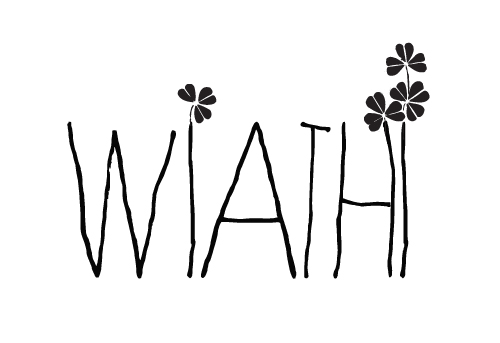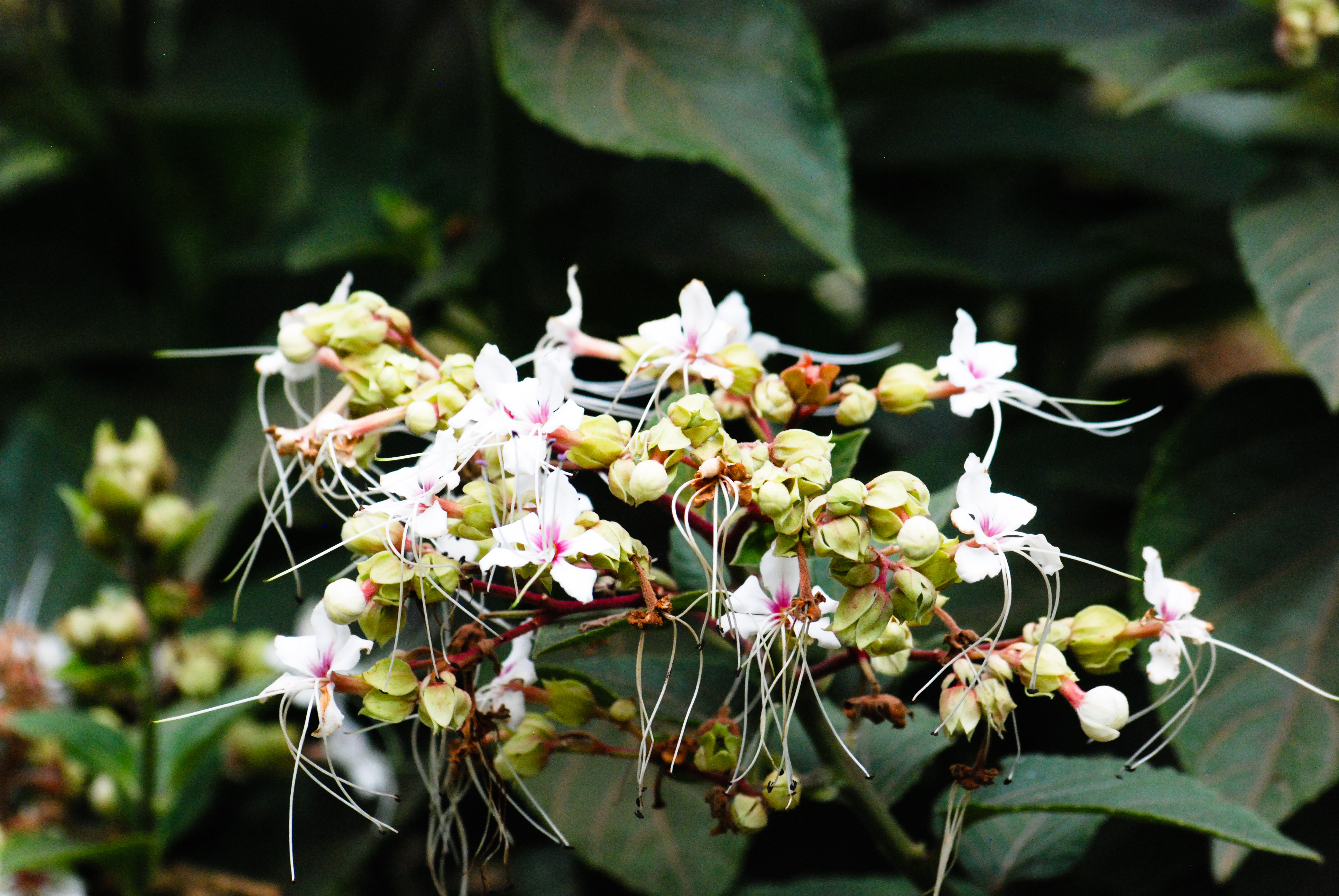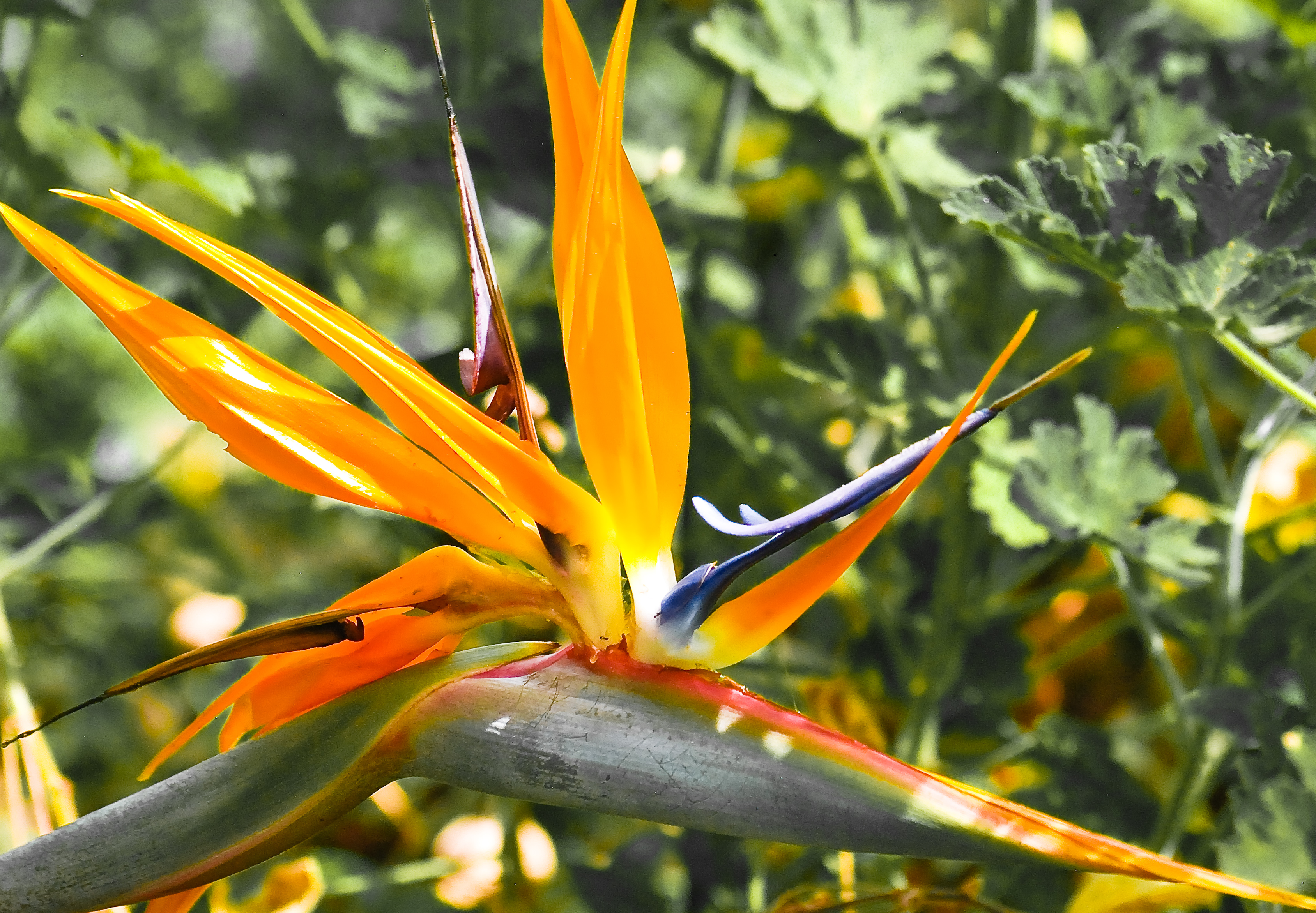African Poetry: D.M. Aderibigbe
D.M. Aderibigbe’s poetry is scandalous.

Day One 1. Now that I have no other place to go, I’ll go into my grandmother’s fingers, wrap myself with her blanket, pick a sheet of paper and a pen, and I’ll rewrite my childhood, amputating my father’s hands and legs with ink, like rebels crop innocuous civilizations, by God. My childhood will lack nothing. Nothing at all. * The English major in me jumps to Sylvia Plath’s “Daddy,” a poem that spoke to even those of us who had pleasant relations with our fathers. When I encountered “Daddy” my first year in university, it was a scandal. Sure, like all young people I had directed unfocused rage at my father--for being sick when I needed him and for dying before my rage could bloom into full rebellion--but such rage was not public. One might discuss it with siblings… Read More...








